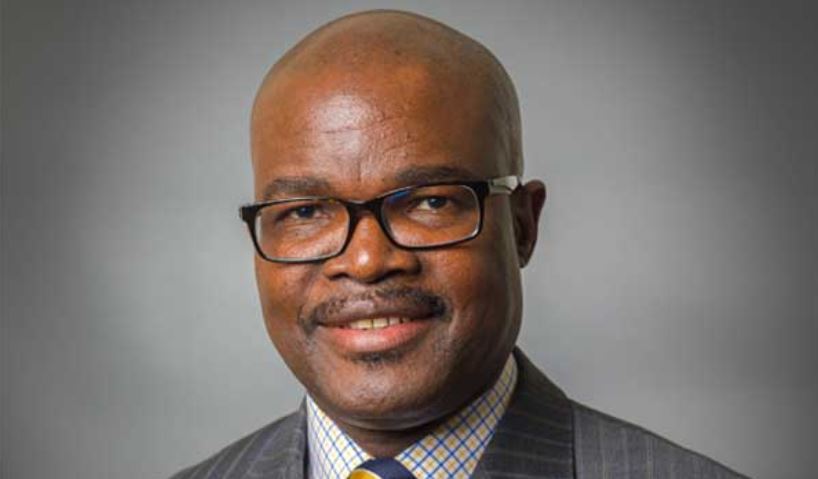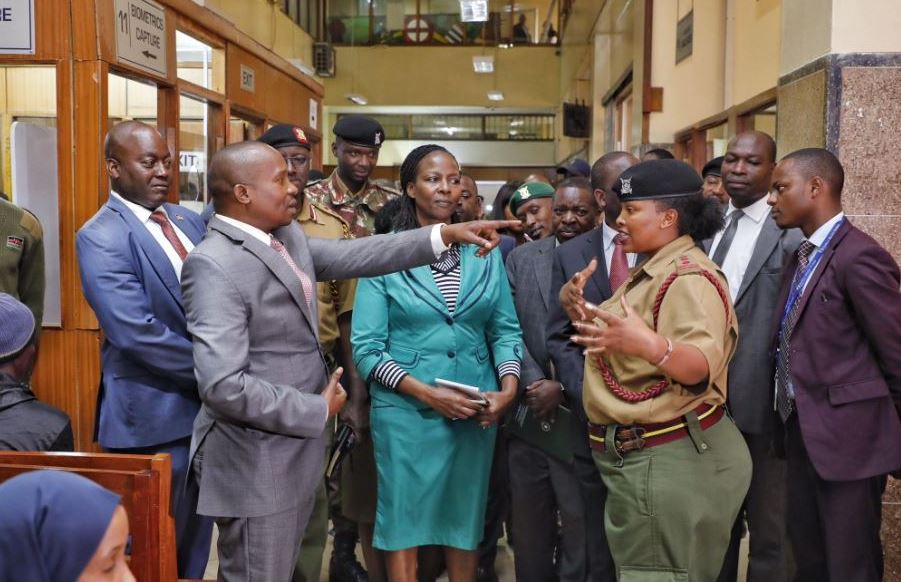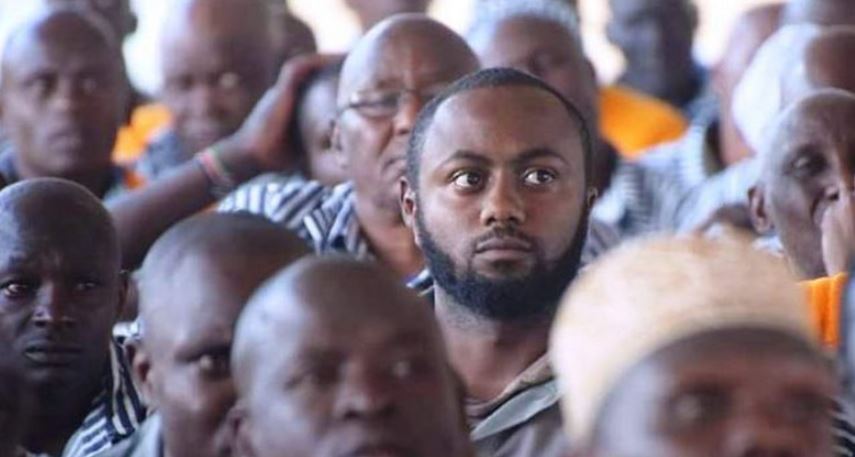
The Professor of Human Sciences talked to myNetwork about the emerging shifts in academia and the future he foresees for the scholarly world.
What academic achievements are you most proud of?
I have published 27 books, more than 300 academic articles, and a number of essays. My book, A Modern Economic History of Africa, won the Noma Award for Publishing in Africa in 1994 which by then was one of the most prestigious accolades in the continent. Any scholar will take enormous pride in having their intellectual works published, and I am proud that my academic contributions have had an impact in various fields.
Have the dynamics in higher education changed a lot from the time you were a student?
I joined college in 1972, when most African countries had only one or two universities, meaning there were only 170 institutions in Africa. It was very difficult to join university then. During my year, only 120 students were selected to join university in Malawi. But as of 2018, there were 1,682 universities. It is now much easier to get university education in Africa.
During my days, universities had better resources. The ratio of lecturers to students was healthier, which ensured deeper engagement among the two parties, and hence better quality of education. African graduates were a lot more revered. Today, universities are struggling due to the high number of students. Conditions of learning and teaching have deteriorated because of inadequate resources. For instance, there can’t be any proper learning in a class of 600 students.
Any key lessons you’ve learnt from your academic tours around the world?
I’ve learnt that in the scholarly world, one must stay committed, and avoid taking shortcuts. You have to believe, and be passionate about excellence and quality. When I first travelled abroad to study, I knew no one. That taught me to be independent, as that is the only way to succeed in a competitive world.
Some local universities face closure owing to either insolvency, irrelevance of courses or mismanagement. Your thoughts?
Challenges facing universities are not unique to Kenya. They are global, and are often related to funding. Government’s funding to higher education remains insufficient. The per capita expenditure per student has decreased drastically over the years as the number of students rises. To address this, universities have introduced more courses, in a bid to attract more learners. This has lowered the quality of education. Merging two struggling universities cannot improve their financial standing.
In your opinion, how will the new competency-based curriculum (CBC) impact higher education?
The current education system measures sit-time, with the assumption that one has learnt something by the time they leave school, even when there’s no proof of that. Exams create anxiety, because how you perform in those two or three hours determine your future. CBC tests how well you have mastered a particular topic and this is not evaluated in a single exam, but by way of continuous assessment.
As VC, how often do you interact directly with members of the university community, and to what extent?
USIU has a culture of servant leadership, which I strongly believe in. I engage students and other members of the university community regularly on different levels, using both formal and informal channels. I sometimes queue at the university cafeteria just like everyone else and while doing so, I get to interact closely with everyone.
Any students’ concerns you feel you could handle better in a different capacity?
No. To run an institution effectively, there has to be well-known mechanisms of addressing different issues. I have seen several generations of students, and their behaviours are influenced by popular trends. Majority of my students are usually between age 18 and 24, but sometimes I encounter older ones, which means I have to use a different strategy to manage them effectively. The beauty of it is that you absorb fresh energies from them which keep you vibrant.
Your message to the young professional reading this?
A lot of careers that exist today will not be there in future. To navigate the current economic period, you have to constantly adapt. Be resilient, because you learn more through failure than through success. In his book Outliers: The Story of Success, Malcolm Gladwell argues that to truly succeed in any given field, one has to have invested at least 10,000 hours in that area.
What other interests do you have outside the academia?
I love art, theatre and watching movies from all over the world. My wife and I like to visit new places like museums, where we can explore the geography of the area. In my free time, I read and write a lot of fiction. Whenever possible, I spend the time with my family and friends.






